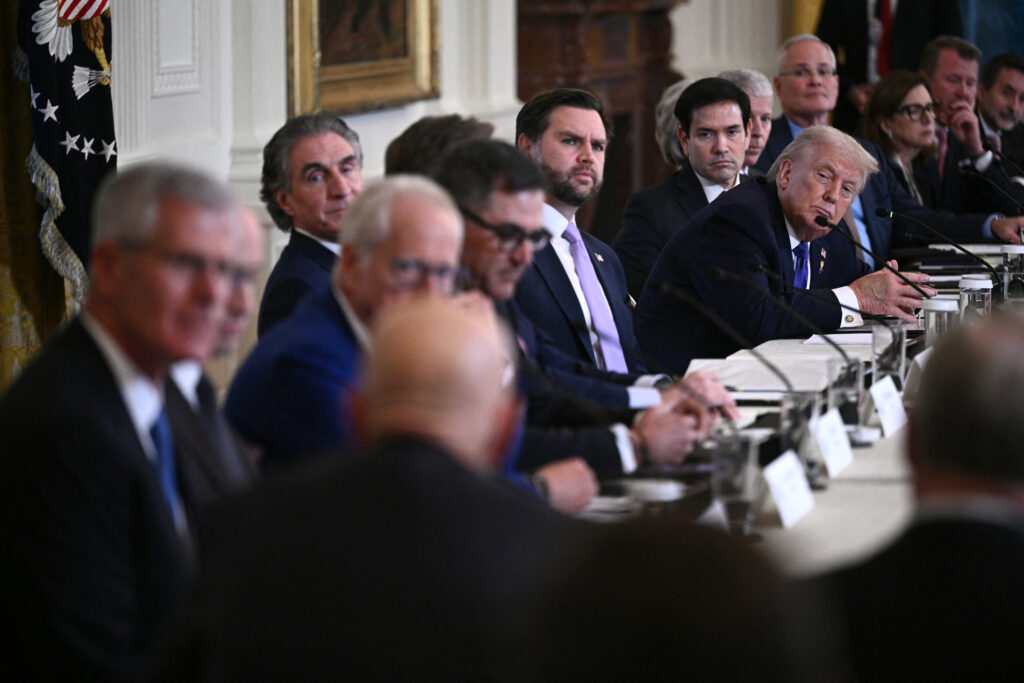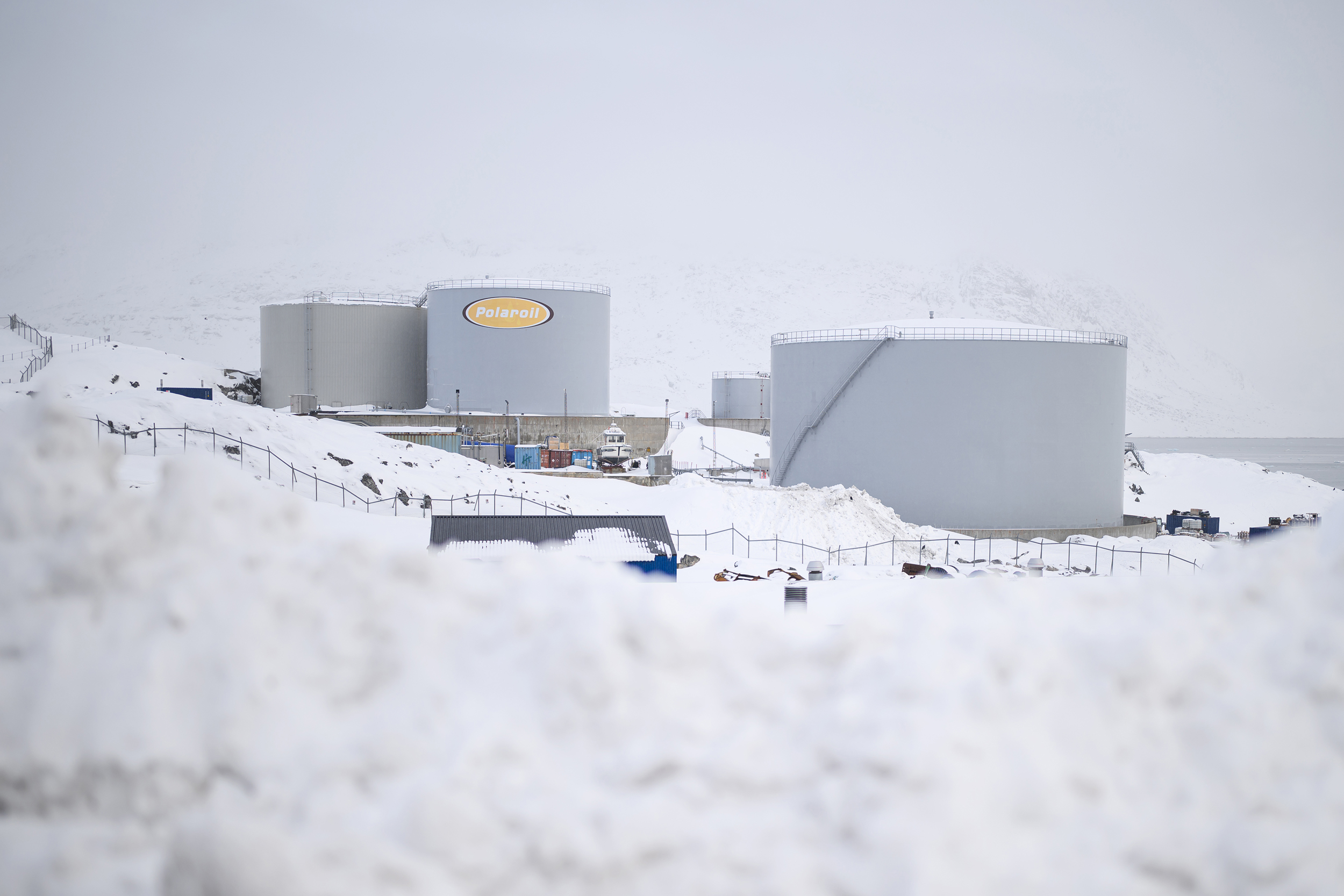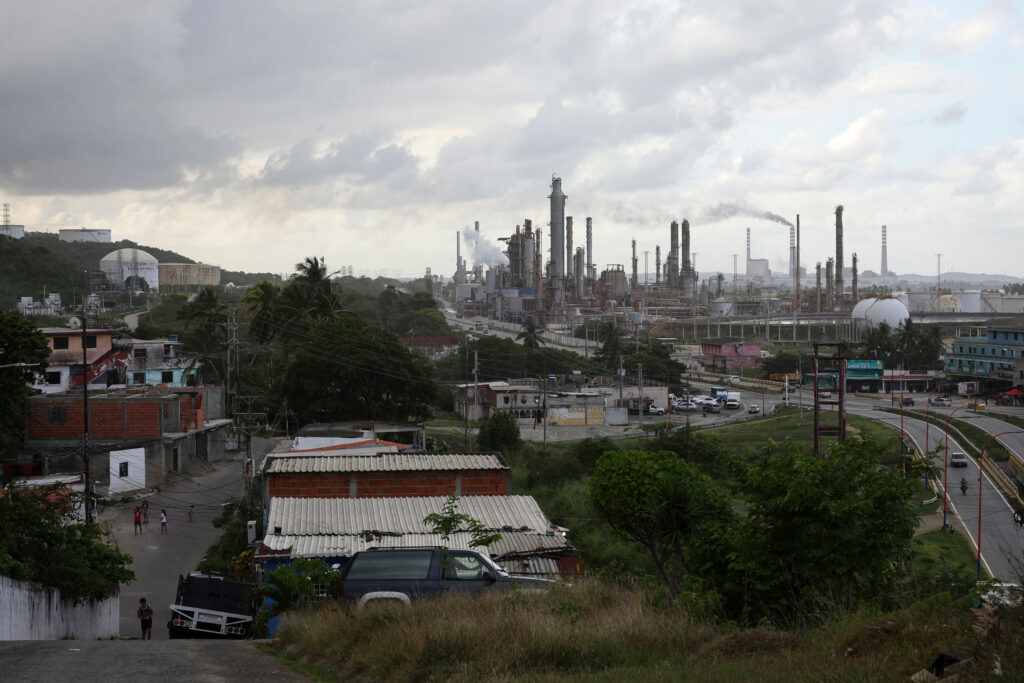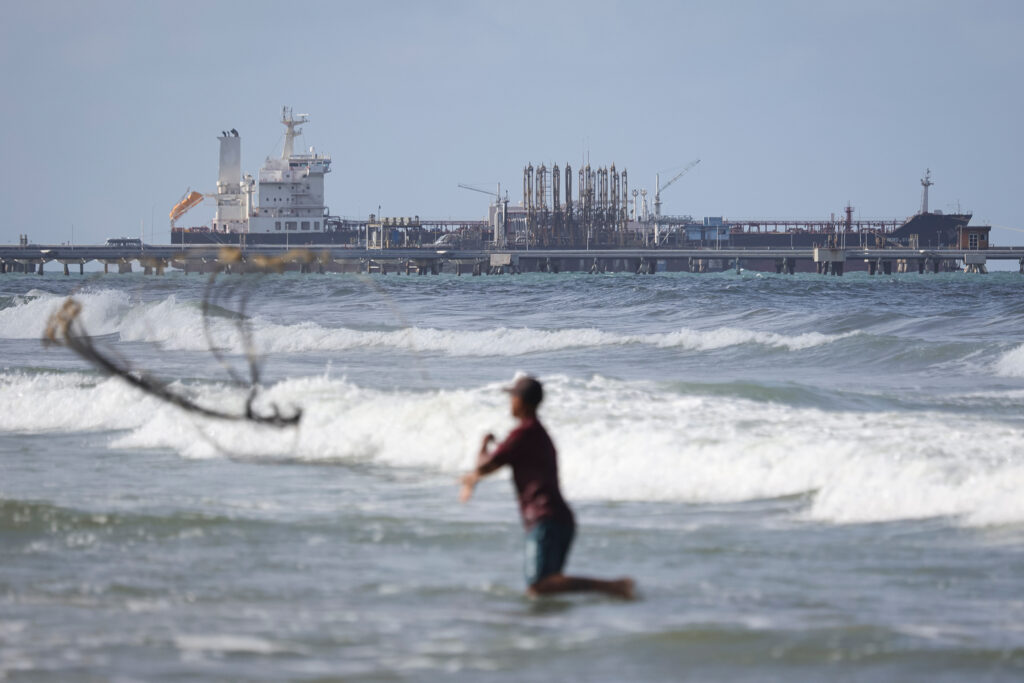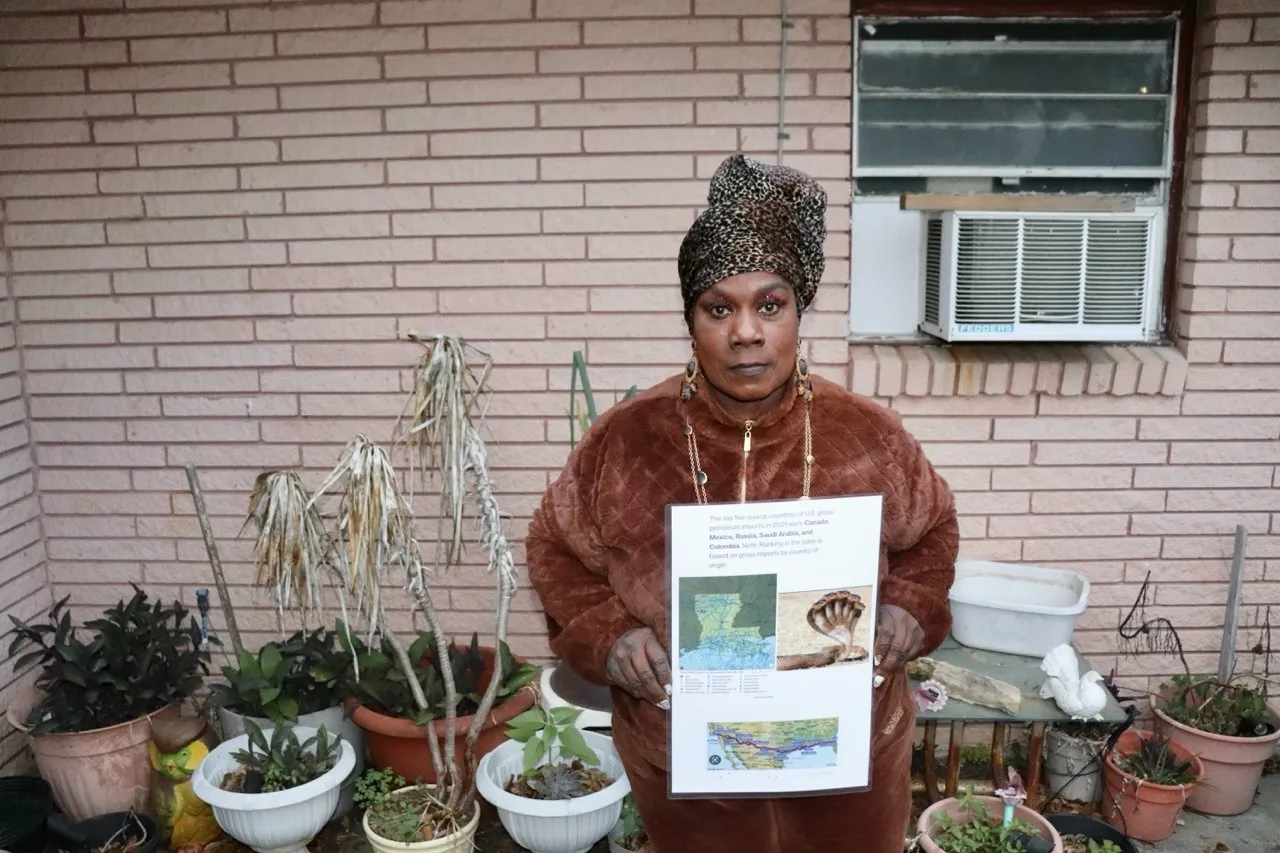A new Massachusetts Department of Public Utilities policy designed to discourage continued growth in the use of natural gas would end existing subsidies for gas utility lines in all newly constructed homes and buildings.
Under the new policy, developers, home builders or home buyers who wanted gas heat would have to pay the full cost of the connection, which is currently around $9,000 per home. Under the state’s existing policy, utilities pass the cost of those gas hook-ups along to their existing customers in small monthly surcharges on their bills.
What may seem like a subtle policy change could go a long way to speeding up decarbonization efforts in the state, climate advocates said. The order is part of the state’s plan to wean residents off of gas and attain a statewide goal of net-zero carbon emissions by mid-century.
The advocates praised the change, saying it would save existing gas customers money while discouraging continued growth in gas networks.
“At a time when we know we should be actually winding down the gas system, we have continued to expand it, and ratepayers have been the ones who have borne the brunt of that,” Kyle Murray, the state program implementation director at Acadia Center, an environmental organization based in Rockport, Maine, said. “This is just a really great decision for energy affordability and a really great win for climate as well.”
Existing gas customers in Massachusetts paid $160 million for new gas service connections in 2023, according to an analysis by Groundwork Data, a clean energy consultancy. The study was funded by environmental organizations that support ending the gas allowances.
Utilities in six states have already adopted similar policies. Massachusetts is one of six additional states, which, along with the District of Columbia, are now considering or are in the process of adopting similar measures, according to Kristin George Bagdanov, a policy research manager with the Building Decarbonization Coalition, a nonprofit organization based in Delaware.
“It’s part of a growing movement that started with California in 2022,” George Bagdanov said. “We expect to see a lot more activity like this at the regulatory level and potentially through legislation and rate cases.”
The order would allow utilities to pay the cost of a new gas line installation and recoup costs from ratepayers only in cases where customers have no alternative to natural gas.
Olessa Stepanova, a spokeswoman for Eversource, one of two large gas and electricity utilities in Massachusetts, said the company is reviewing the order and working with other utilities to understand its ramifications.
“We remain committed to supporting the commonwealth’s energy transition with a focus on affordability and providing the safe, reliable energy services that our customers need,” Stepanova said.
In comments filed to the Department of Public Utilities in March, the Greater Boston Real Estate Board opposed a draft of the order.
“The policy lacks empathy for developers who are trying to build low or moderate-income housing and will now have yet another roadblock that increases costs,” the organization wrote.
In its Aug. 8 order, the department stated that as of 2024, there is little difference in construction costs for new buildings in Massachusetts, depending upon whether they use gas or are all-electric. The department added that it would be better to address the claimed barriers to electrification through other policy measures than to maintain a policy that “locks in continued growth in the natural gas distribution system.”
Gas utilities have until September 7 to submit proposed revisions to the order.
About This Story
Perhaps you noticed: This story, like all the news we publish, is free to read. That’s because Inside Climate News is a 501c3 nonprofit organization. We do not charge a subscription fee, lock our news behind a paywall, or clutter our website with ads. We make our news on climate and the environment freely available to you and anyone who wants it.
That’s not all. We also share our news for free with scores of other media organizations around the country. Many of them can’t afford to do environmental journalism of their own. We’ve built bureaus from coast to coast to report local stories, collaborate with local newsrooms and co-publish articles so that this vital work is shared as widely as possible.
Two of us launched ICN in 2007. Six years later we earned a Pulitzer Prize for National Reporting, and now we run the oldest and largest dedicated climate newsroom in the nation. We tell the story in all its complexity. We hold polluters accountable. We expose environmental injustice. We debunk misinformation. We scrutinize solutions and inspire action.
Donations from readers like you fund every aspect of what we do. If you don’t already, will you support our ongoing work, our reporting on the biggest crisis facing our planet, and help us reach even more readers in more places?
Please take a moment to make a tax-deductible donation. Every one of them makes a difference.
Thank you,





